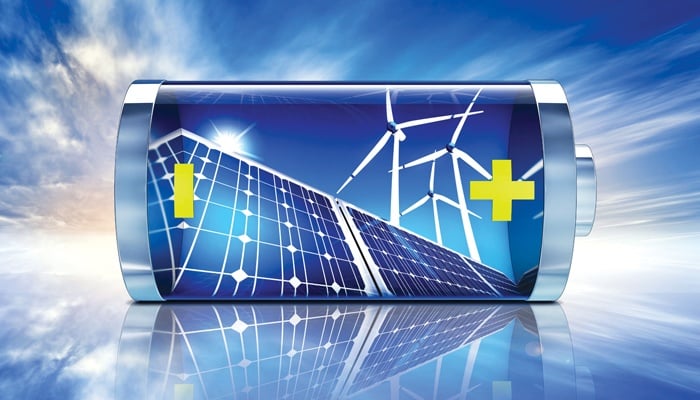Debates Raise Net-Zero & Climate Action Questions - Here's what the Industry has been doing in the Northeast


With the Oil Industry, Climate Change, and emissions top of mind after last night's Presidential Debates, we thought it was a good time to review what Massachusetts, New England, and specifically, the Oil Industry in the Northeast have been doing on emissions and climate change recently.
The Local Industry: In September 2019, the Northeast's heating oil sector voted unanimously at the NEFI energy conference to establish a goal of Net Zero GHG emissions by 2050 (drooping 15% by 2023, 40% by 2030, Net Zero by 2050). You can read the details of the the unanimous motion here: The Road to Net Zero Starts Here
Beyond specific carbon level moves, the New England & Northeast region has been ahead of the game for decades on promoting biofuels and renewable energy projects. This is a great snapshot of regional Biofuel and renewable energy standards by state in the region: Biofuel & Electrification at a Glance
Massachusetts & the City of Boston were some of the earliest and most ardent adopters of biodiesel and other clean energy options, including sulfur limits in diesel fuel & heating oil. New York moved first to ultra low sulfur diesel regionally, and New York City adopted biofuels very early on.
Regionally though, all of the Northeast states have been working diligently on doing what they can to adopt more renewable and environmentally friendly options from regional food waste to fuel recycling, to major solar projects, to geothermal microzones, to making Crude from wood in Maine.
Massachusetts: In April 2020, the Baker-Polito Administration issued a formal determination letter that officially set the legal limit for emissions at net zero for 2050. The Executive Office of Energy and Environmental Affairs (EEA) official statement is:
"A level of statewide greenhouse gas emissions that is equal in quantity to the amount of carbon dioxide or its equivalent that is removed from the atmosphere and stored annually by, or attributable to, the Commonwealth; provided, however, that in no event shall the level of emissions be greater than a level that is 85 percent below the 1990 level".
In other words, not only net-zero on emissions but emissions overall (captured or not) need to stay below previously established levels.
The net zero target was initially announced in January 2018 at Baker's State of the Commonwealth address. The way the State achieves the goal for 2050 will be laid out in the "2050 Roadmap", and the roadmap will also be used to set interim emission limits for 2030, and those limits will be officially laid out in the "Massachusetts Clean Energy and Climate Plan for 2030". You can follow updates to the plan at mass.gov here: MA Decarbonization Roadmap
In addition to the newer net zero goals, Massachusetts has been on the leading edge of climate and emissions reduction goals for decades - for a refresher:
Massachusetts Green Communities - Communities can compete for grants to support energy efficiency & renewable projects in the Commonwealth. This includes ventilation system upgrades, heating system conversions, electric vehicles, insulation projects, etc.
Regional Greenhouse Gas Initiative & Transportation Climate Inititatives - regional incentivized emission reduction
Heres an overall recap on what the state accomplished for 2018 on Clean Energy: Massachusetts Pushes Clean Energy Forward in 2018
Overall: There is much work to be done on climate, and serious questions need to develop into serious policy based answers going forward.
One can only hope that we see some movement on climate initiatives in some form in the next 4 years that moves the needle while balancing the serious economic concerns of businesses and consumers, regardless of what the winning Administration looks like.
We're glad to work in a region that is putting the work in to make changes while attempting to maintain that balance.

